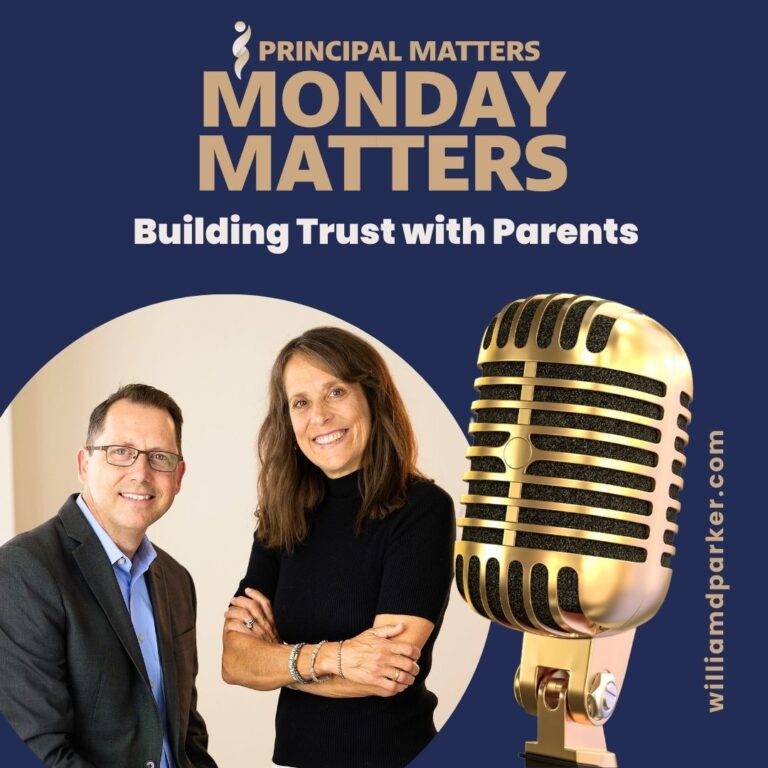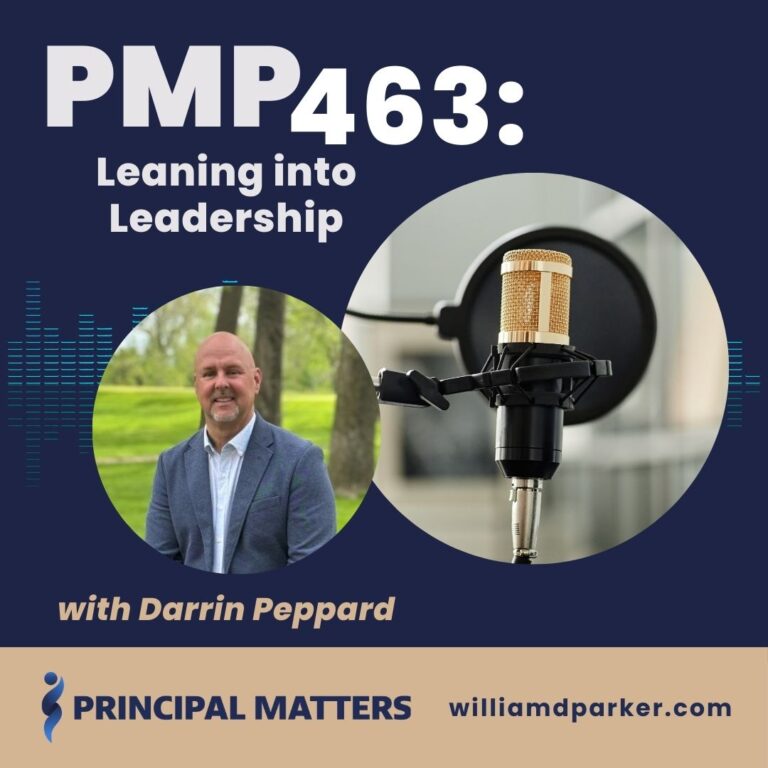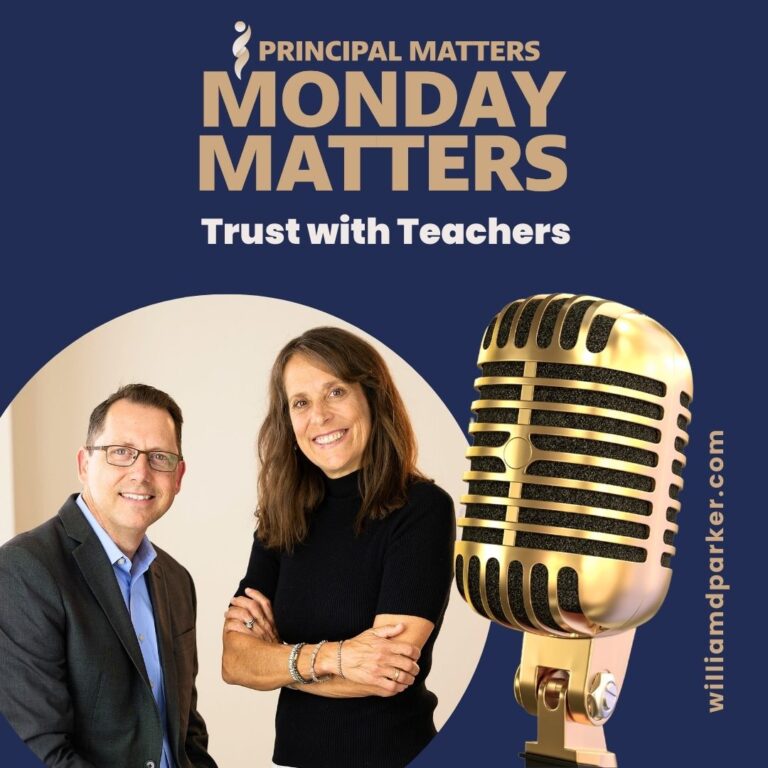Podcast: Play in new window | Download
Students today face newer and different challenges than students of the past.

Although many of the skills or values they need to be successful remain the same regardless of time and place, they also have unique challenges that make them one of the most anxious generations in history.
If we “take the filters” off our students, what would they really tell us? How can school leaders understand these unique challenges while also finding strategies for guiding students?
Meet Andrew McPeak

Andrew McPeak is a next gen researcher, speaker, and curriculum designer for Growing Leaders, in Atlanta, Georgia. He works with schools, universities, and sports teams on implementing Habitudes, teaching tools for life and leadership skills. He is also the co-author of two books, including his newest one written with Dr. Tim Elmore, Generation Z Unfiltered: Facing Nine Hidden Challenges of the Most Anxious Population.
In this interview, Andrew shares a story from his own background and why he is passionate about generational research. During college, he read Tim Elmore’s book, Generation iY: Secrets to Connecting With Today’s Teens & Young Adults in the Digital Age. That book caused him to fall in love with the concepts of generational trends in leadership. Fast forward five years later, and he is now the Vice President of Content for Growing Leaders. (Andrew was a guest on PMP, Episode 089, if you want to check it out for more information on his work and background.)
Here are questions and takeaways from our conversation:
What background research and info did you find for writing this book?
Andrew: We used focus groups of young people across the country, including sponsoring two Harris polls, one in 2017 and another in 2018. These were surveys of students born since 2001, most of them 17, 18 years old. What makes them distinct? As we removed the “filter” from kids, here’s what we found…
Nine Challenges Youth Face Today
- Empowerment without Wisdom
- Stimulation without Ownership
- Privilege without Responsibility
- Involvement without Boundaries
- Individualism without Perspective
- Accessibility without Accountability
- Fluidity without Integrity
- Opportunity without Resilience
- Consumption without Reflection
Can you unpack one of those for us? Let’s talk about “Stimulation without Ownership”:
Andrew: We were interested in both the problem and solution. And we were committed to making this book “Prac-ademic” – practical strategies that fit student needs. One problem we are seeing is a lot of pre-scriptive goal-setting. By giving students both the goals and exact steps to young people, we rob them of individuality, discovery and ownership. What’s the outcome? Students tell us they don’t feel like they are in control of their own lives. This leads to a condition or term called “moral hazards”… I, the student, can make riskier decisions because an adult will rescue me.
What’s the solution? We must move to de-scriptive leadership. This means helping them identify goals and encouraging them to discover and design their own solutions and steps to reaching them. Adults facilitate and guide them along the way.
Use this simple way to think about strategies for de-scriptive leadership: P.R.O.V.E.
Problems – Flip the script. Lead with the problem for them to solve.
Relationships – Students learn best from adults they believe like them.
Ownership – Give young people permission to own their goals, decisions, and refuse to answer all their questions.
Visuals – Use images to communicate ideas, lessons, or principles.
Experiences – Guide students into discovering answers for themselves through their own actions.
One example of de-scriptive leadership is Cory Brooks, FFA teacher in Indiana, who bought his students a pig to care for. This provided students with hands-on responsibilities for feeding, caring, and delivering piglets. In addition, students expanded operations by having an architect design a new barn, and they raised over $200,000 to build it. Mr. Brooks’ students are providing produce back to their own schools. Mr. Brooks taught his students to own their learning, and they took those lessons to places he never imagined they could go.
Let’s Wrap This Up
You may not be able to address every challenge today’s students are facing, but being aware of the challenges they face is the first step in finding solutions. Next week, Andrew will unpack a second areas from the nine challenges, “Individualism without Perspective.”
Now It’s Your Turn
As you think about the ways you serve students, how can you encourage ownership of learning for teachers and students? Examine P.R.O.V.E. with your teachers and ask them ways they are engaging students in this kind of learning environment. How are you modeling this kind of learning for your own teachers and staff?
Sign-Up For Free Updates and Ebook
You can automatically receive my newest posts and a free Ebook, 8 Hats: Essential Roles for School Leaders. Let’s keep learning together!




